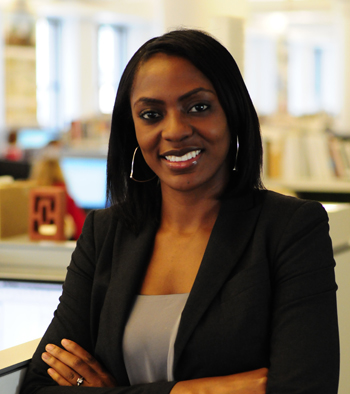
Dear Readers,
We want to keep you informed about a recent change to our content (as of February 2024).
This original interview has been removed from our platform in response to a takedown request.
If you are interested in finding out more about Anna Akbari’s inspiring work, we recommend you visit her website instead: annaakbari.com
– Photo by Amy Fletcher/A.E. Fletcher Photography

